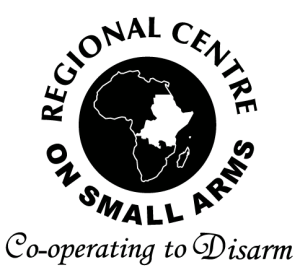Who we are
RECSA Secretariat is mandated to build the capacity of the Member States, coordinate and monitor the implementation of the Nairobi Protocol within the RECSA Region. RECSA is an internationally recognized inter-governmental organization within Africa whose sole mandate is to address the proliferation of illicit SALW to provide a conducive environment for sustainable development.
Years of action against small arms and light weapons
We are driven by a mission; to coordinate action against Small Arms & Light Weapons proliferation in the Great Lakes region, the Horn of Africa and the Bordering States.
of IT investment under management
of recurring business value under management
Our Core Values

RECSA'S ORIGIN
The Regional Centre on Small Arms and Light Weapons (RECSA) is an intergovernmental organization with the sole mandate to build the capacity of Member States and coordinate the implementation of the Nairobi Protocol on the Prevention, Control and Reduction of Small Arms and Light Weapons in the Great Lakes Region, the Horn of Africa and Bordering States. RECSA was established in June 2005 by the 3rd Ministerial Review Conference.
Countries in the Great Lakes region and Horn of Africa recognized that they had for long shared the global concern of the easy availability of small arms and light weapons which escalated conflicts, undermined political stability and caused devastating impacts on human and state security. It was perceived that the problem of SALW was worsened by internal strife, illicit transfer of weapons and ammunition across borders and extreme poverty.
The long life of small arms meant that they outlive several conflicts while illegal trade facilitated their movement from one conflict to another across porous borders. Indeed, sustainable development could not be achieved in the absence of peace and security which could only be guaranteed through the control of the proliferation of small arms and light weapons which sustained armed conflicts, instability, terrorism, cattle rustling and other serious crimes in the region.



Nairobi Declaration signed by 10 Member States
The signing of the Nairobi Protocol by 12 Member States
Establishment of RECSA
Republic of Congo joined RECSA
CAR and South Sudan joined RECSA totaling RECSA Member States to 15
RECSA SMALL ARMS TRACING SOFTWARE
The Nairobi Protocol on the Control, Prevention and Reduction of Small Arms and Light Weapons in the Great Lakes Region, the Horn of Africa and Bordering States (hereafter referred to as the Nairobi Protocol) requires State parties to establish and maintain inventories of Small Arms and Light Weapons held by their security forces.
The records assist in identification and tracing of those small arms and light weapons (SALW) that are illicitly manufactured, trafficked or used to commit criminal acts and to prevent and detect such activities. In light of its mandate to coordinate the implementation of the Nairobi Protocol, the Regional Centre on Small Arms and Light Weapons developed the RECSA Small Arms Tracing System (RSTS) software to help member states digitize their largely manual small arms records into electronic form. These electronic databases ease record keeping and retrieval of SALW data and information through a data analysis and report generation module. This facilitates member states to manage their stockpiles by monitoring the movement of arms throughout their lifecycle from import to destruction.
The RSTS software is distributed free to RECSA Member States and goes hand in hand with arms marking by storing the data generated during the marking exercise. RECSA installs the software, trains National Focal Points Coordinators on SALW on SALW and law Enforcement Agencies (LEAs) who use it, and provides back-end user support.
RECSA's International commitment
RECSA contributes to the attainment of various international initiatives and goals related to sustainable development, peace, and security.
UN Sustainable Development Goals (SDGs)
- RECSA's mandate aligns with several of the UN's Sustainable Development Goals. In particular, RECSA's efforts in preventing the illicit proliferation and trafficking of small arms and light weapons (SALW) contribute to the following SDGs:
- SDG 16: Promote peaceful and inclusive societies for sustainable development, provide access to justice for all, and build effective, accountable, and inclusive institutions at all levels.
- SDG 3: Ensure healthy lives and promote well-being for all at all ages, as the presence of SALW is a significant obstacle to the provision of healthcare in conflict-affected areas.
- SDG 5: Achieve gender equality and empower all women and girls, as the presence of SALW exacerbates gender-based violence and can inhibit women's participation in peacebuilding.
AU Silencing the Guns by 2030 initiative
- RECSA plays a critical role in the African Union's (AU) "Silencing the Guns" initiative, which aims to achieve a conflict-free Africa by 2030. RECSA supports the initiative by strengthening the capacity of member states to prevent and combat the illicit proliferation and trafficking of SALW. This, in turn, contributes to the broader goal of promoting peace and security in Africa.
Agenda 2063 of the "Africa we want"
- RECSA's mandate is aligned with the vision and objectives of the African Union's Agenda 2063, which is a strategic framework for the socio-economic transformation of the continent over the next 50 years. RECSA contributes to the agenda by promoting peace, security, and stability, which are necessary prerequisites for achieving sustainable development in Africa.
International Arms Regulations Instruments
- RECSA's work is also in line with several international arms control instruments, including the Arms Trade Treaty (ATT), the Fire Arms Protocol, the United Nations Programme of Action to Prevent, Combat and Eradicate the Illicit Trade in Small Arms and Light Weapons in All Its Aspects (PoA), and the Nairobi Protocol. RECSA's efforts to prevent the illicit proliferation and trafficking of SALW help to ensure that these instruments are effectively implemented at the regional level.
RECSA's GOVERNING STRUCTURE
In accordance with Article 9 of the Agreement Establishing RECSA, RECSA comprises of the following organs;
SENIOR MANAGEMENT
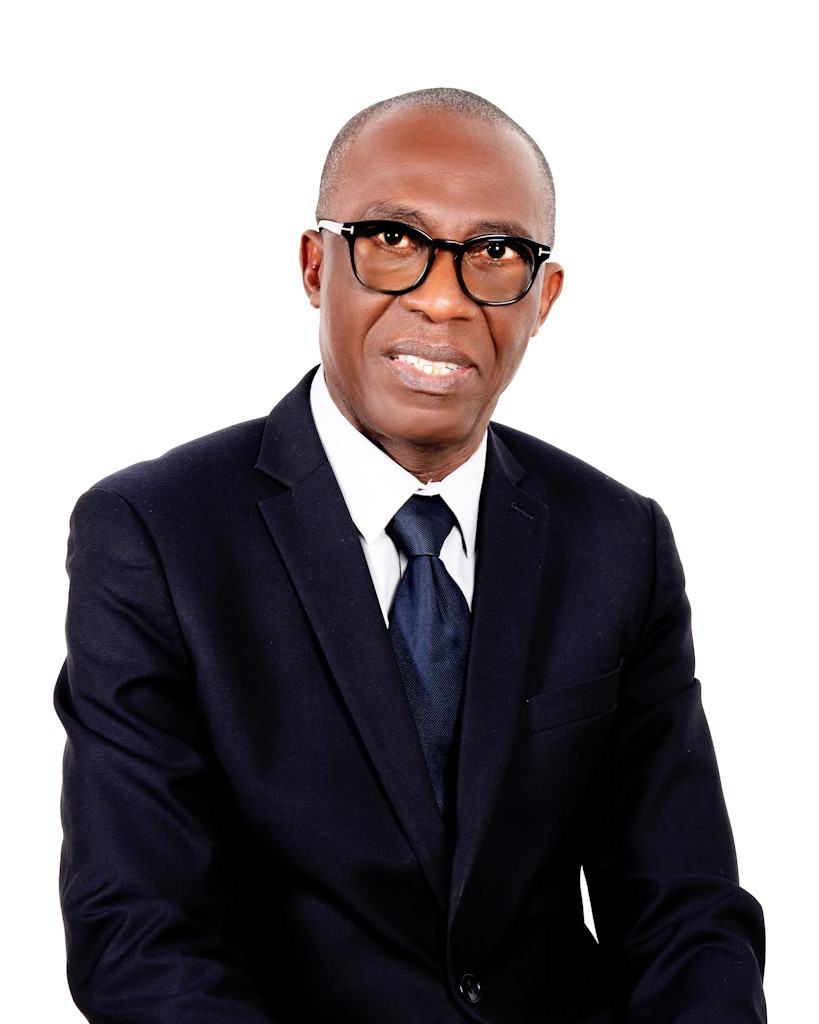
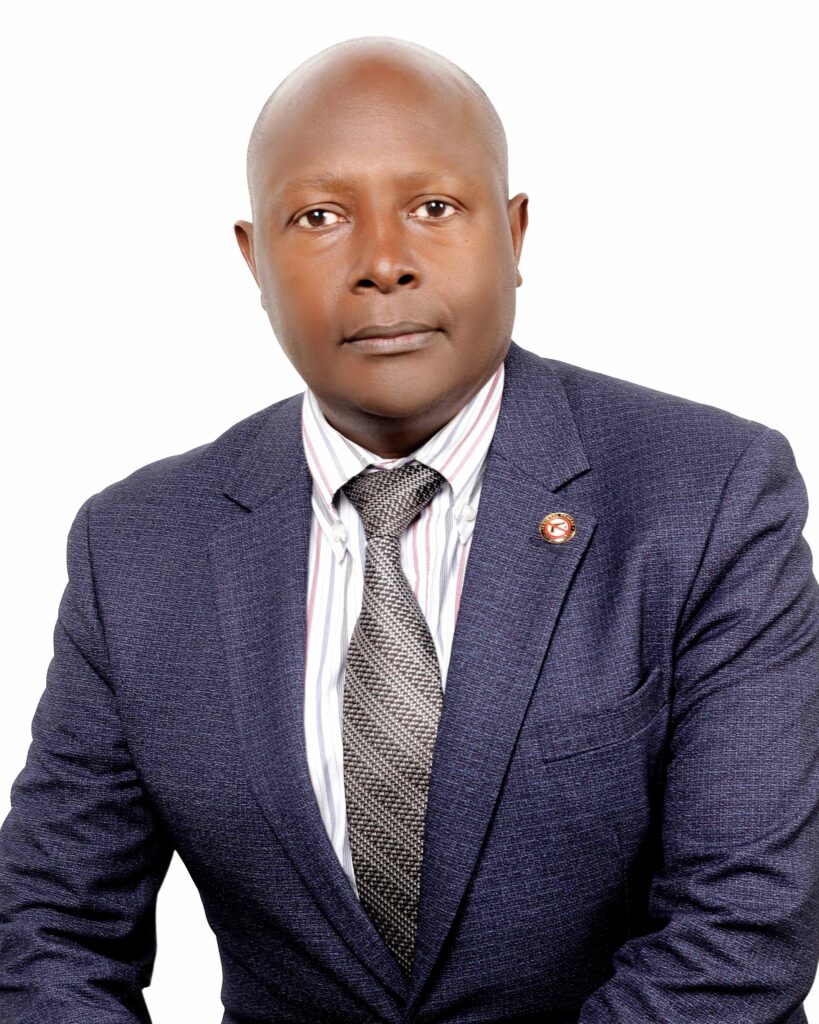
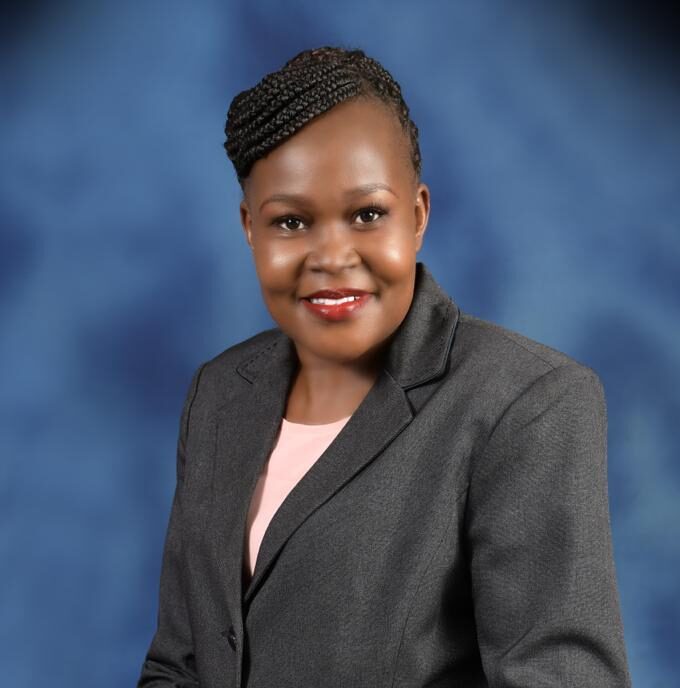
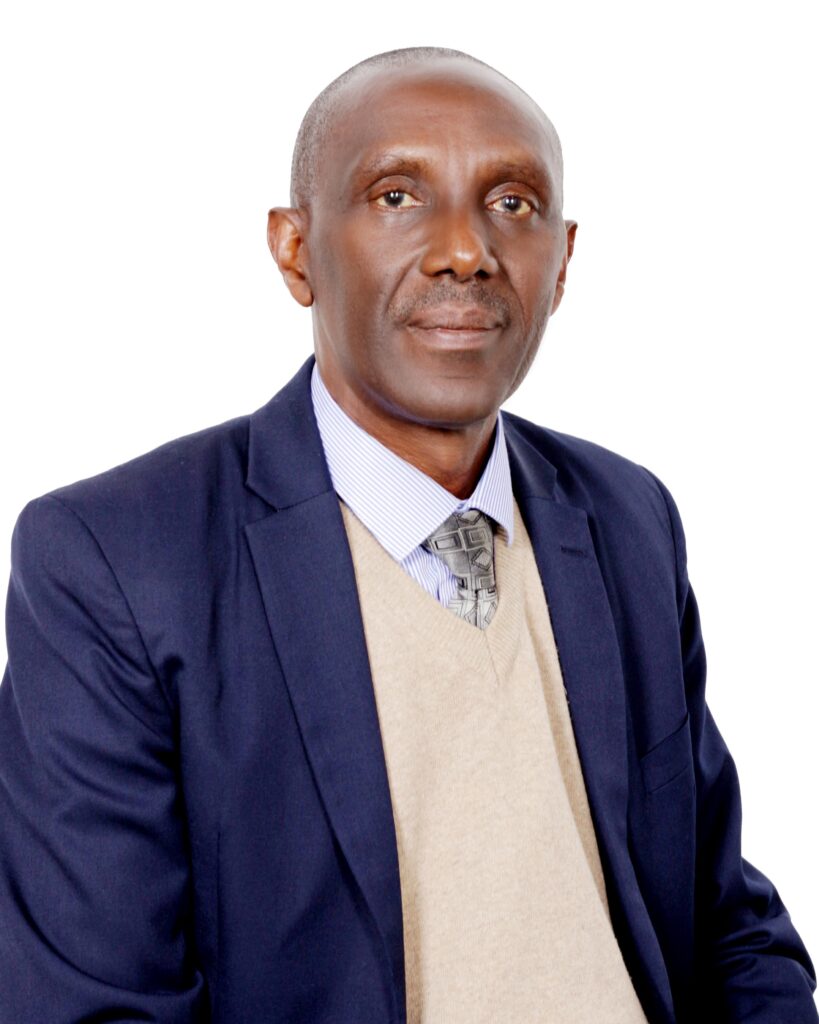
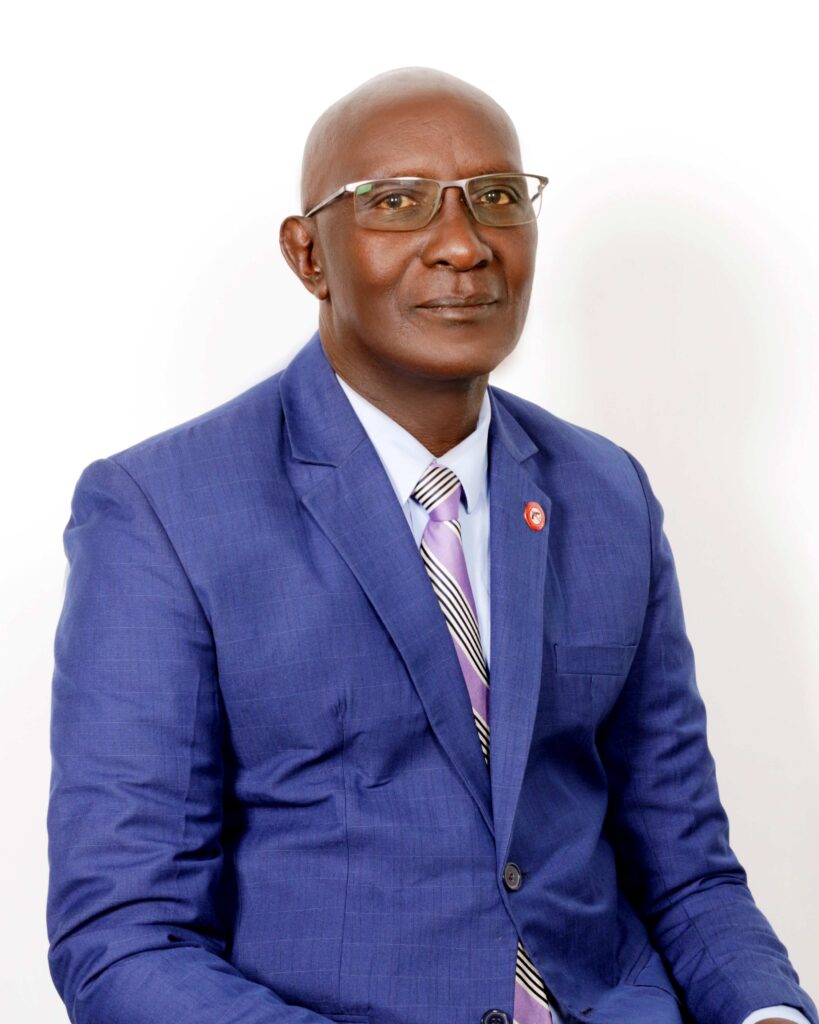
Capacity Building
Aims and Objectives
Cooperation
- Facilitate, promote and strengthen cooperation at the regional and international levels to effectively prevent, combat and eradicate the illicit manufacturing and use of small arms and light weapons, in collaboration with relevant partners;
Information sharing
- Promote and facilitate information sharing and cooperation between the governments in the region as well as between intergovernmental organizations and civil society in all matters relating to the illicit trafficking and proliferation of small arms and light weapons.
Promote peace
- Promote peace, stability and sustainable development in the region by encouraging accountability, law enforcement and creating mechanisms for efficient control and management of small arms and light weapons held by State Parties and civilians;
Activities
- Develop other activities as the Member States may decide in furtherance of the objectives of this Agreement.
